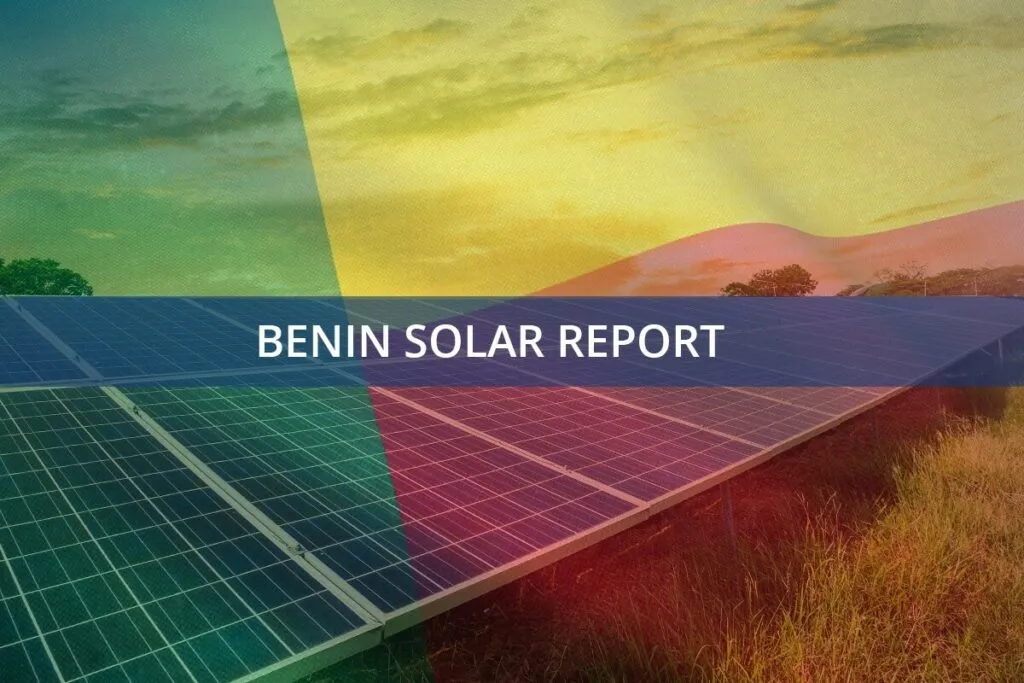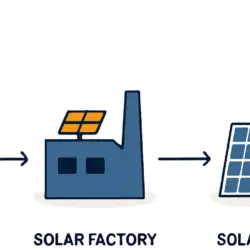Benin solar power 2026 expansion plans
Benin is taking significant strides in renewable energy, with plans to install 150 MW of solar power capacity by 2026. This ambitious goal is part of the government’s broader agenda to diversify the country’s energy mix and reduce its reliance on imported fossil fuels. The proposed solar expansion is expected to enhance energy access, particularly in rural areas, and bolster the nation’s economic development.
Spearheaded by the Beninese Ministry of Energy, the project aims to raise the country’s installed solar capacity to 150 MW. Currently, Benin’s energy mix relies heavily on imports from neighboring countries like Ghana, Nigeria, and Côte d’Ivoire. In 2021 alone, the country imported 1,255 GWh of electricity, underscoring the urgent need for greater domestic energy production.
This expansion will significantly reduce Benin’s dependence on both fossil fuels and imported electricity. According to the International Renewable Energy Agency (IRENA), Benin had just 25 MW of installed solar capacity at the end of 2023. The new projects will substantially increase this figure, contributing to the country’s energy security and sustainability goals.
Benin’s renewable energy and electrification targets
The Beninese government has committed to reaching 150 MW of installed solar capacity by 2026. This initiative aligns with the country’s long-term energy strategy, which targets universal electricity access by 2030. The government plans to boost the electrification rate from 50% in 2022 to 75% by 2026, placing a particular focus on rural areas.
Benin’s rural electrification rate currently stands at just 30%, leaving a significant portion of the population without reliable electricity. The government’s plans to expand solar power will play a crucial role in closing this gap and improving the quality of life for millions.
Key solar projects driving expansion
Benin is already making headway with its solar power initiatives. The country is constructing two solar power plants with a combined capacity of 50 MW: a 15 MW plant in the municipality of Bohicon and a 35 MW plant in the municipality of Pobè. Both projects are expected to be completed soon, marking a significant step toward the country’s renewable energy goals.
In addition to these projects, the Beninese government is exploring partnerships with international organizations to further expand its solar capacity. In June 2024, the United Nations Industrial Development Organization (UNIDO) launched a tender to select companies to build a 150 MW solar power plant in Benin. The project will be financed by the Global Environment Facility (GEF) and is designed to support Benin’s transition to a low-carbon economy.
The transformative impact of solar expansion
The expansion of solar power in Benin is poised to transform the country’s energy sector. Increasing the share of renewables in the national energy mix will allow Benin to reduce its dependence on imported fossil fuels and enhance its energy security. These new solar projects will also help the country meet its climate change goals by reducing greenhouse gas emissions.
The solar expansion will also create new economic opportunities. The construction and operation of these power plants are expected to generate jobs and stimulate local economies. At the same time, the increased availability of reliable electricity will support the growth of small and medium-sized enterprises (SMEs), which are essential for the country’s economic progress.
As Benin works towards its 2026 goal of 150 MW of installed solar capacity, the country is positioning itself to become a regional leader in renewable energy. The government’s commitment to expanding solar power will not only help ensure all Beninese citizens have access to reliable and affordable electricity but also support the nation’s economic growth and environmental sustainability.



